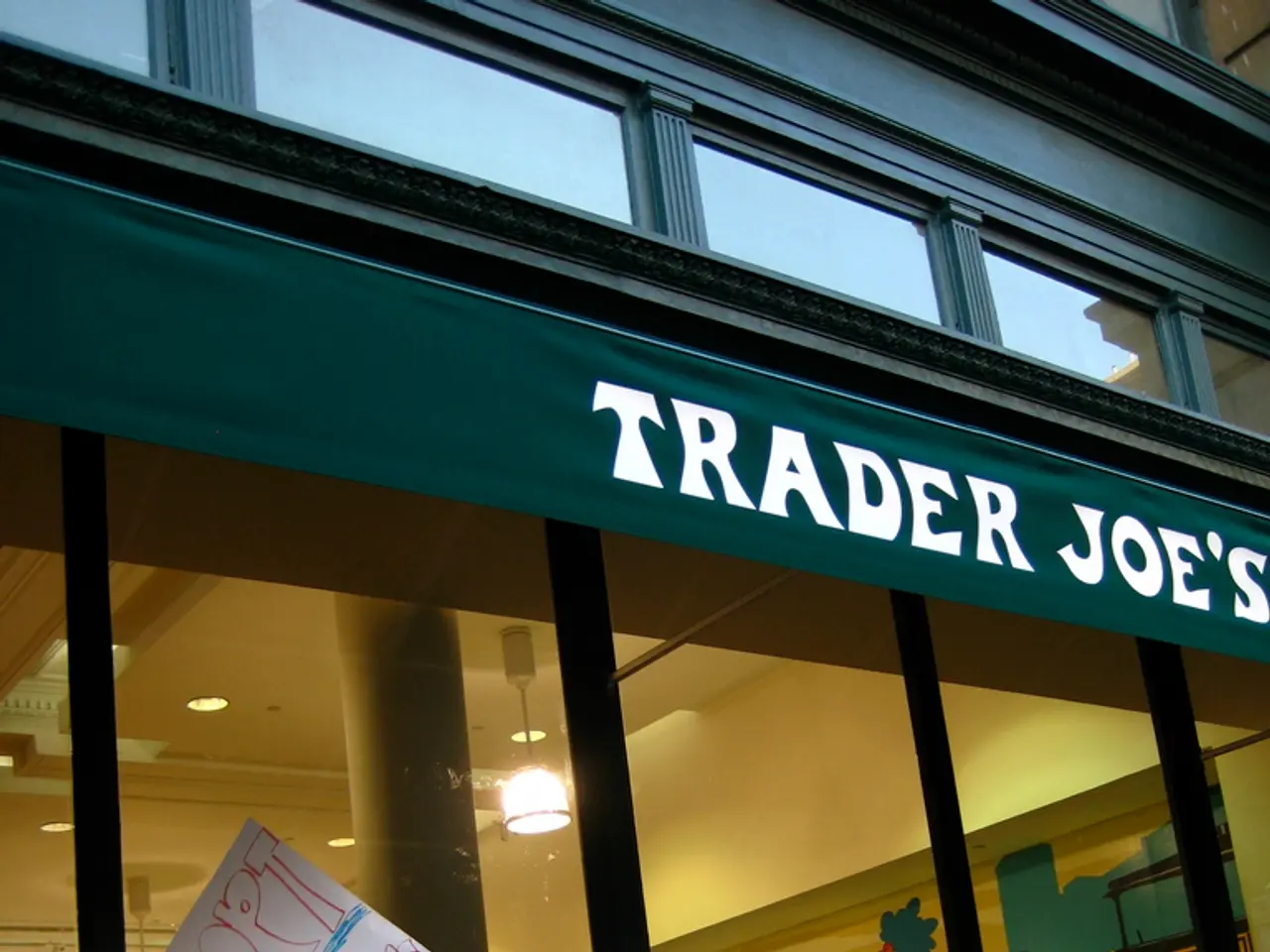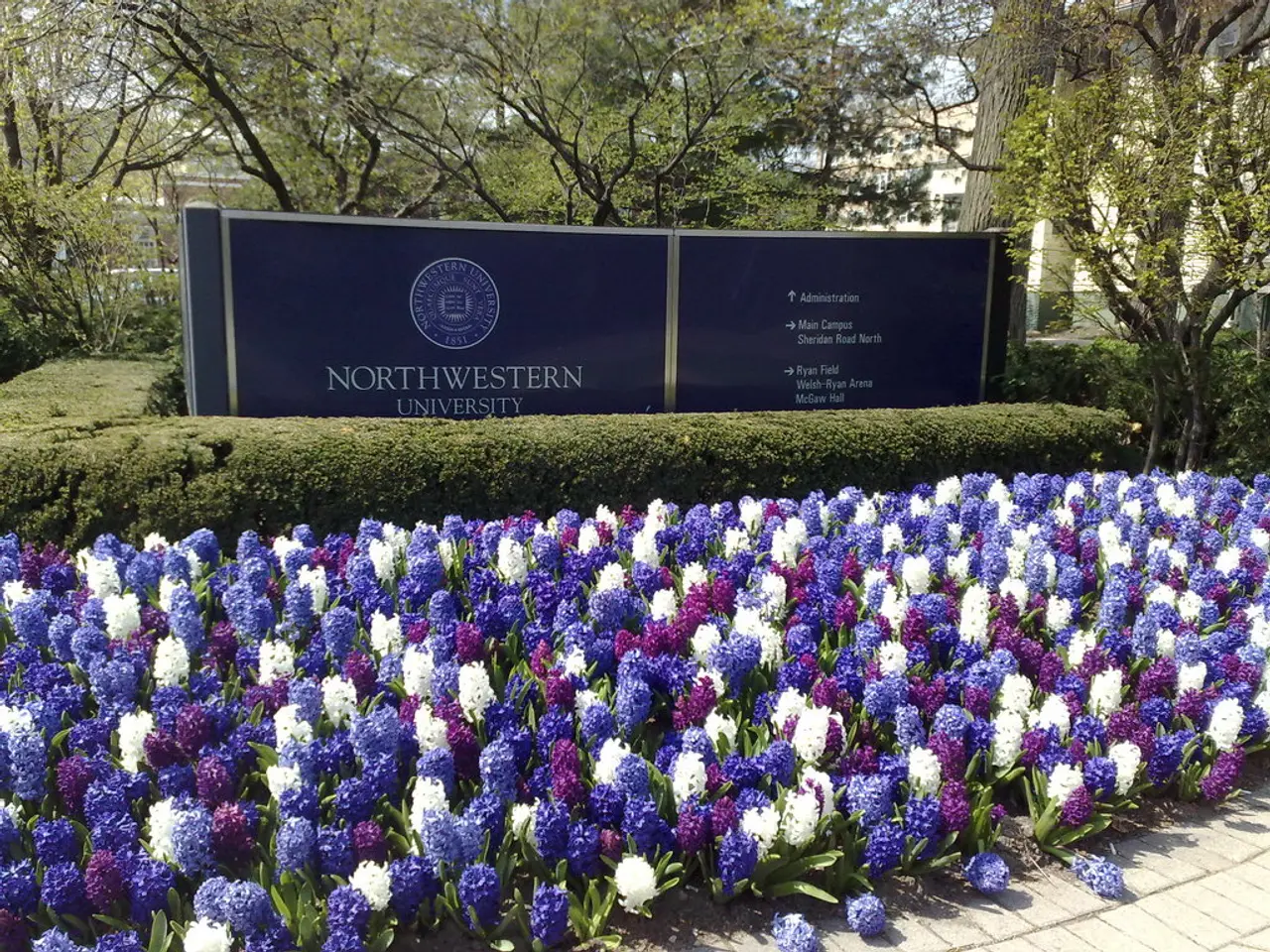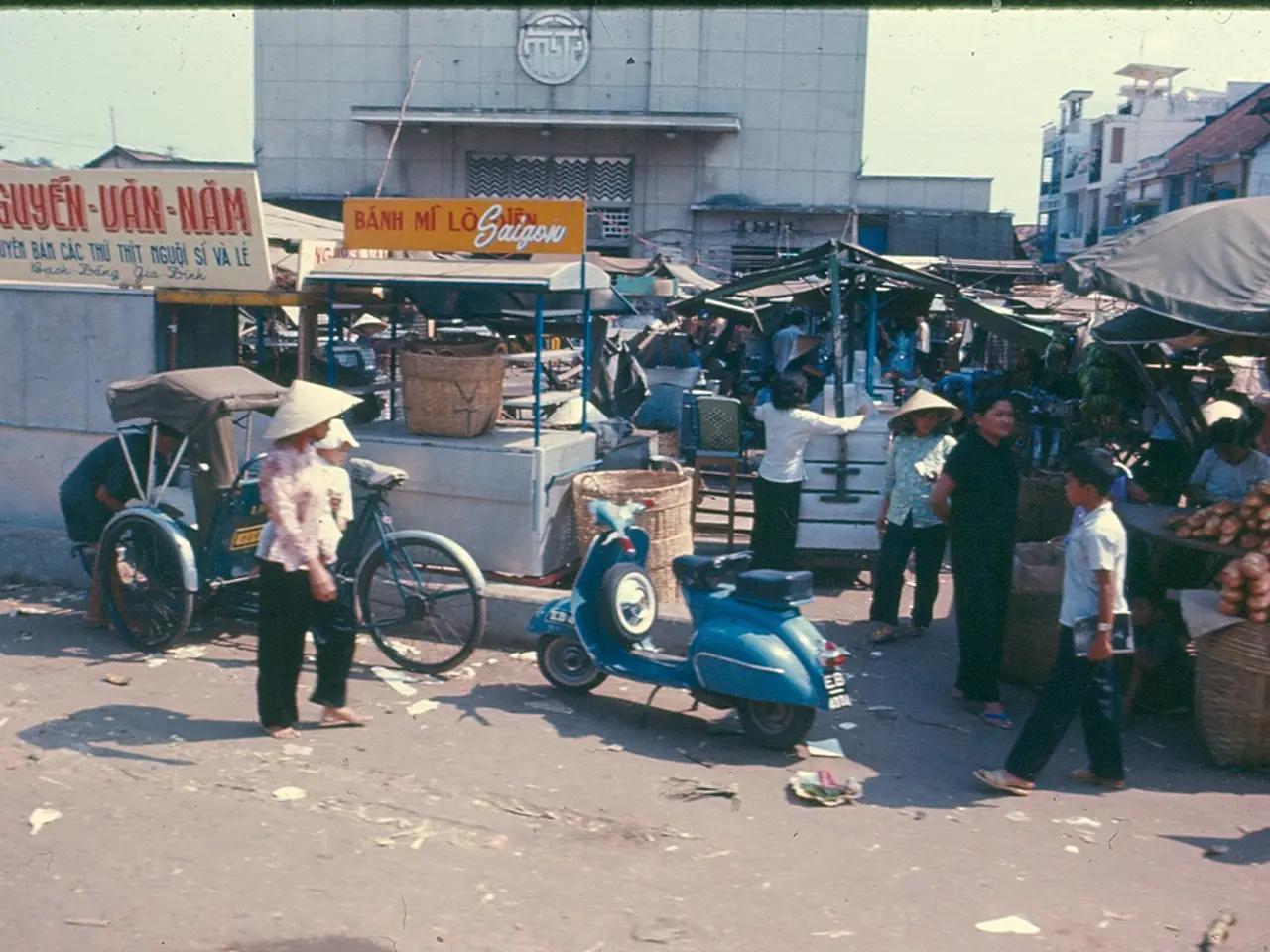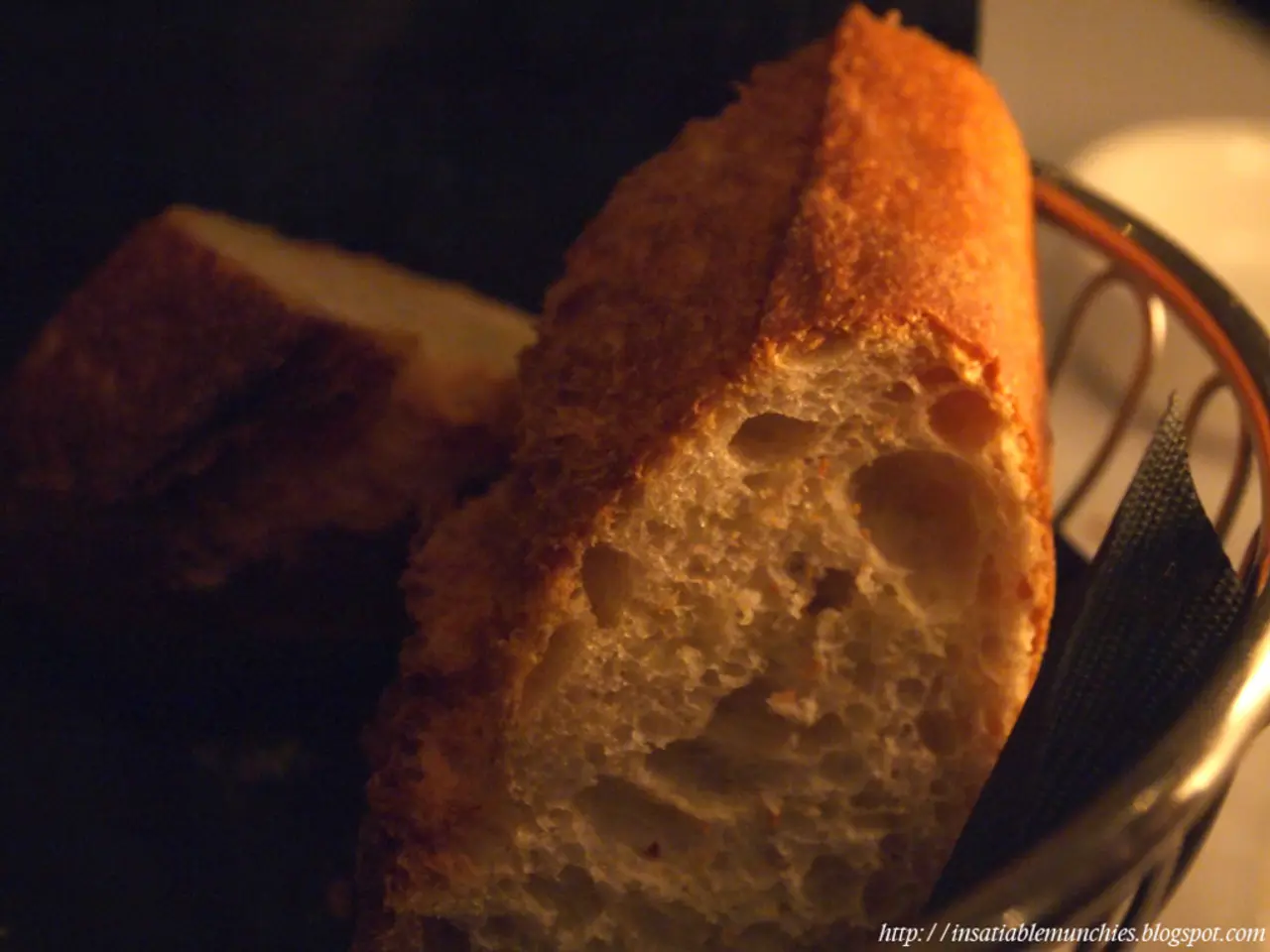Germany urged to unite following Christmas market assault by president
In the heart of Germany, two months before national elections and amidst a heated debate on migration and security, a tragic incident unfolded at the Magdeburg Christmas market. The attack, which resulted in the death of a nine-year-old boy and four women aged 45 to 75, and left over 200 injured, has sent shockwaves across the nation.
The suspect, Taleb A. or Taleb Al Abdulmohsen, a 50-year-old Saudi doctor, was arrested in connection with the attack. He has been remanded in custody on five counts of murder and 205 of attempted murder. However, the motive behind the attack remains unclear, according to German authorities investigating the incident.
Contrary to initial fears, there is no concrete information indicating extremist motives or a history of extremist views in the suspect. German security officials stated he was not known to them as an Islamic extremist. Regarding mental health, the available information does not detail any known history of mental illness in the suspect.
The investigation is ongoing, and police have not disclosed any findings about his psychological background or ideological motivations so far. This distinguishes the case from other vehicle-ramming attacks with clear extremist motives or known psychological issues.
President Frank-Walter Steinmeier delivered a Christmas address, expressing sorrow over the Magdeburg attack. He offered condolences to the families of those injured and killed in the incident. Steinmeier also called for national unity amidst debates on security and immigration.
Interior Minister Nancy Faeser warned the far-right AfD against politicizing the attack. The far-right party, however, held a memorial rally in Magdeburg, with a speaker advocating for border closure.
In response to the attack, an anti-extremist initiative was held in Magdeburg under the motto "Don't Give Hate a Chance". Steinmeier told the affected families that "the people throughout our country feel for you and mourn with you."
The attacker managed to exploit a five-metre gap in the barricades to steer the car into the Magdeburg Christmas market site and race into the unsuspecting crowd. Despite the special securities implemented at German Christmas markets since a jihadist attack in 2016, the Magdeburg event was still targeted.
The German government has pledged to fully investigate any possible security lapses before the Magdeburg attack. The government is facing mounting questions about possible errors and missed warnings about the suspect.
In a social media post, Abdulmohsen had expressed anti-Islam views, anger at German authorities, and support for far-right conspiracy narratives. Investigators found his will in the BMW he used in the attack, stating everything he owned would go to the German Red Cross and contained no political messages.
As the investigation continues, Germany grapples with the aftermath of the attack, seeking answers and striving for unity in the face of adversity.
This tragedy at the Magdeburg Christmas market, involving general-news incidents such as the attacks and the subsequent fatalities, has led to a heated discussion in the realm of politics, including the escalating debates on security and immigration. The suspect, Taleb A., despite expressing anti-Islam views and support for far-right conspiracy narratives on social media, wasn't known to authorities as an Islamic extremist or with any history of mental illness. Nevertheless, the motivation behind his crime-and-justice act remains elusive.







